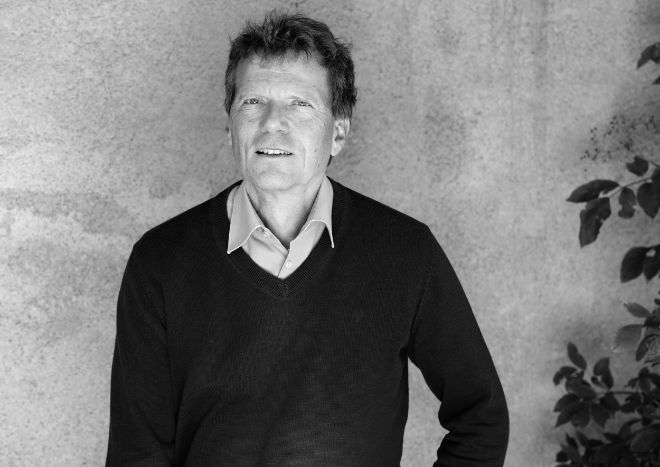Hartmut Rosa (f. 1965) er professor i sosiologi ved Universitetet i Jena. Rosa er kjent for sin teori om at akselerasjon er det sentrale kjennetegnet ved moderniteten.
– Acceleration and growth lead to towering forms of alienation.
De samfunnsmessige utviklingene har ifølge Rosa begynt å gå for fort, og det fører i dag til en rekke negative konsekvenser, både for samfunnsprosesser, og for det enkelte individ og dets forhold til verden rundt seg.
I forelesningen vil Rosa knytte akselerasjonsteorien til pedagogiske spørsmål, ved å diskutere begrepet Bildung:
Rosa om danningsbegrepet
Modern societies are characterized by their mode of dynamic stabilization. This means that they can only reproduce their structure and maintain the institutional status quo by constantly achieving economic growth, technological acceleration and cultural innovation.
This creates a 'need for speed' that requires individuals and organizations to constantly seek opportunities for rationalization and optimization. After all, it is us, the individuals, who need to grow, accelerate and innovate incessantly, i.e., to run faster and faster each year just to stay in place.
Education, or 'Bildung', can be used as the social instrument to achieve these forms of optimization and increase. Here, Bildung is equivalent to the transmission and appropriation of measurable 'skills'.
Rosa om ulempen ved akselerering
However, the incessant social pressure for acceleration and growth has an ugly flipside: It enforces a basic mode of 'aggression' towards the world (i.e. towards internal as well as external nature) and leads in turn to towering forms of alienation which quickly turn into political anger and frustration.
The reason for this is the fact that modern individuals yearn for, and dream of, 'resonant' instead of aggressive modes of being and relating to the world. The culturally engraved desire for resonance stands in stark contrast to the structural need for speed.
'Bildung', understood in a deeper meaning, is a process not of optimization, and not of acquiring skills, but of opening up the axes for resonance between self and world. Bildung, then, is the process of 'producing' resonant self-world relationships. The lecture will outline the contrast between the structural mode of dynamic stabilization and the cultural (and human) desire for resonance and demonstrate how these correspond to two divergent conceptions of 'Bildung'.
Møter Inga Bostad og Helge Jordheim
Rosa blir introdusert av Inga Bostad, professor i filosofi ved Institutt for pedagogikk. Forelesningen kommenteres av doktorgradsstipendiat Aurora Jacobsen Evenshaug (IPED) og Helge Jordheim, professor i kulturhistorie og museologi ved Institutt for kulturstudier og orientalske språk.
Gjesteforelesningen er den første i en seminarrekke om pedagogisk filosofi, arrangert av forskergruppen HumStud: Humaniorastudier i pedagogikk.
Kontaktperson: Aurora Jacobsen Evenshaug
